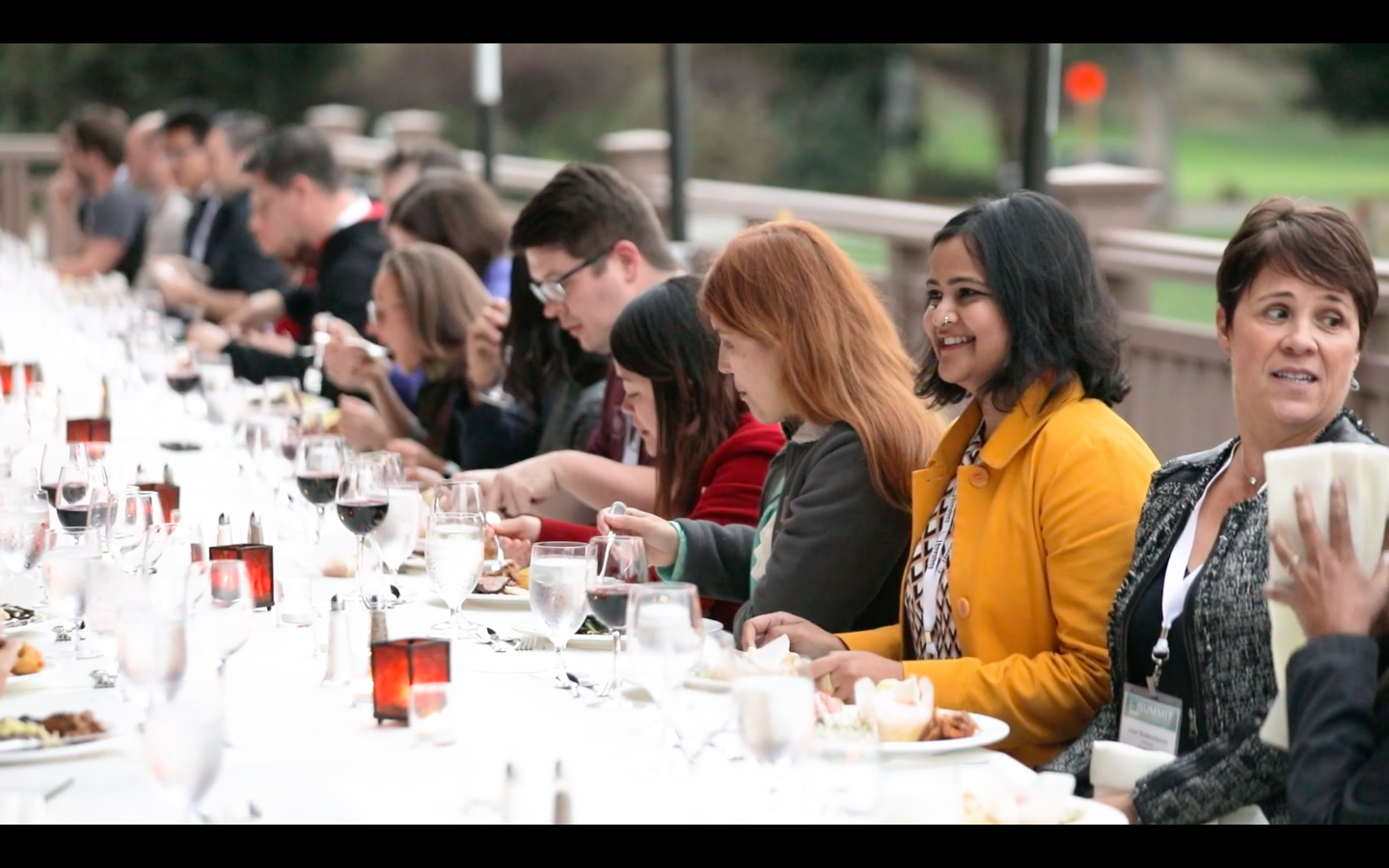
Finding a startup partner is often compared to the dating process—and it’s a cliché for good reason. If the partnership is successful, you’ll be establishing a crucial long-term business relationship, spending thousands of hours together for the next decade or more.
On the other hand, if you choose a business partner who’s the wrong fit, it might lead to a nasty “divorce” that puts the fate of your company (and your financial investment) at risk. According to research by CB Insights, 1 in 7 failed startups cited “not the right team” as an important factor in their downfall.
We can all agree that selecting the right co-founder is essential to the success of your early-stage startup. So how can you find people who are on the same page and will help take your business to the next level? If you’re wondering how and when to find a co-founder, these founder dating tips and best practices will help you set off on the right foot.
1. Define your vision
Just like finding a life partner, the first step to finding a business partner is understanding yourself. Be prepared to give honest answers to questions such as:
- What goals, philosophy, and motivations do I have for starting this company?
- What are my strengths as an entrepreneur, and what do I bring to the table?
- How do I handle conflict and challenges?
Potential co-founders should believe in your startup idea and share your core beliefs and values. Chemistry is no less important than compatibility: although you don’t need to be best friends, find a co-founder with whom you can tolerate—or even enjoy—working in close proximity.
2. Know your weaknesses
It’s important that your would-be co-founder has a similar vision for the company—but the two of you shouldn’t be so similar that one of you becomes redundant. Rather, your potential partners should have skill sets that are complementary to your own, filling in for any gaps.
If you have a great business idea but lack technical chops, for example, then finding a technical co-founder should be your top priority. Meanwhile, if you’re trying to enter and disrupt a new industry, having a co-founder who’s well-connected in that space will be invaluable.
3. Find the right venue
While you can certainly go into business with a long-time connection—whether a best friend, a fellow alum, or a former colleague—that’s far from the only option available to you. These days, there’s no shortage of founder dating websites claiming to be “Tinder for entrepreneurs,” or founder “speed dating” events that connect would-be partners over the course of a few hours.
Both approaches have their pros and cons. Existing relationships make it easier to get up and running, but qualities that make for good friends or co-workers may not be so valuable in the world of business. Founder dating forums let you focus on the traits you’re looking for, but the relationship is untested and needs time to be properly vetted.
4. Talk about money
In both romance and business, money problems are one of the biggest causes of break-ups. According to a study of 4,500 marriages, arguments about finances were the most important predictor of whether the couple would get divorced.
Hashing out any potential issues beforehand is a key ingredient to better co-founder communication. Below are some topics for clear and frank discussion about co-founder finances:
- What is your ultimate goal for the business? Do you plan to be at the helm indefinitely, or do you have a clear exit strategy in mind?
- If the goal is to be acquired, how large would the offer have to be?
- How will equity be divided among the co-founders?
- Will the co-founders draw a salary, and if so, what are the conditions for salary raises?
Is founder dating worth it?
Like any other business (or romantic) endeavor, what you get out of founder dating depends on where you’re looking and the effort that you put into it.
If you’ve been exhausted by a long chain of co-founder “speed dating” events that never seem to lead anywhere, it might be time to take a step back and reevaluate your strategy and priorities. These platforms can help supplement your personal network to increase the chances of finding the right co-founder, but they can’t do all the work: you still need to take the initiative and spend time getting to know each other.
Just like dating itself, not every prospect in founder dating will lead to a long-term relationship. But as in so many aspects of business, knowing what you want—and being persistent in getting it—will improve your odds of founder dating success.






